Scott AndersonGenesis 1:1-2:4a † Psalm 8 † 2 Corinthians 13:11-12 † Matthew 28:16-20 You may want to grab onto something and hold on for the next couple of minutes. This may be a bumpy ride, but worth it, I hope. We’ve been talking a lot these past few weeks since the death of George Floyd about systemic racism, and systems of oppression and privilege. This language may be new for some of us, and old hat for others, but I suspect it is a value for all of us, every now and then, to remember our story in the United States as one way of understanding these systems that support white supremacy. Here we go.[i] The Fugitive Slave Acts of 1793. Nearly two hundred years into a well-established and legal American system of slavery that much of the world had already rejected as immoral, with a growing chorus of resistance in the US, this act of congress created a law by which a slaveholder could recover an escaped slave. It put fugitive slaves perpetually at risk of recapture and established the legal framework to punish those who would try to protect them. It was renewed by congress just eleven years prior to the Civil War in 1850. The Indian Removal Act of 1830 was signed into law by Andrew Jackson, authorizing the forcible removal of Indian nations from their homes to unsettled lands west of the Mississippi. During the fall and winter of 1838, 4000 Cherokee died on the forced march that became known as the “Trail of Tears.” And President Andrew Jackson who authorized this? Well oppressive systems have foundations that are deep and wide and they understand the power of symbol. His picture is still on our $20 bill, even though, under the Obama administration, his image was set to be replaced by 2020 by abolitionist Harriet Tubman’s. While campaigning, President Trump suggested replacing Jackson with Tubman was “pure political correctness.”[ii] Treasury Secretary Steve Mnuchin added resistance. Despite evidence to the contrary,[iii] has said technical delays are preventing its release until 2028, if at all.[iv] The “Chinese Exclusion Act” of 1882 was the first major law restricting immigration to the US. It was enacted in response to economic fears on the West Coast where native-born European Americans blamed unemployment and declining wages on Chinese workers whom they also viewed as racially inferior. It was intended to keep out a non-white ethnic group that had grown in numbers with the building of the railroads by halting Chinese immigration for ten years and prohibiting US citizenship to Chinese residents. The “National Origins Quota” of 1924 limited immigration according to current demographics. It was designed, in other words, to favor people of British and Nordic descent and to keep out Italians, Jews and others who were coming to the US in large numbers. From 1931-34, 500,000 people of Mexican descent were forced or pressured to leave the US—a third of the Mexican population. 60%—300,000 were children who were American citizens. Mexican repatriation was carried out by American authorities and took place without due process. The Bracero Program, enacted from 1942-1964 essentially reversed this exodus only ten years later when cheap labor was needed. It allowed for the migration of 4 million Mexican farm laborers into the United States because they were needed to work the fields. These farm workers converted the agricultural fields of America into the most productive on the planet. But the law refused to grant them citizenship. We wanted their arms--braceros in Spanish—but not their whole selves. 1942-46: Japanese American Internment. We know this one. 1954: Operation “Wetback” was yet another reversal in a history of legislation that enriched largely white owners off the backs of powerless and desperate people. It deported the large number of non-citizen Mexican farm workers that had been invited in under the Bracero program. Nearly a half-million fled for fear of being arrested. Tens of thousands more were caught and deported, often with their children who were American citizens. There was, of course, coursing alongside all these troubled laws, the systematic oppression enshrined in slavery, in unfulfilled promises in reconstruction, in Jim Crow Laws that lasted some 80 years from the end of the Civil War to the 1960s, and on and on. This is just a snapshot in a massive devastating photo album of oppression that is an essential part of American history. Lutheran pastor Joseph Barndt in a 2007 book called Understanding and Dismantling Racism summarizes the way race has been used in our American story. “Race is nothing but a creation of, by and for privilege.” He says. It is not just racism, but the very notion of race itself, so deeply and firmly embedded within the laws and psyche of the US that those of us who are termed white can’t see it or recognize that its sole purpose is to “enforce the clear understanding that the resources of this country were reserved exclusively for white people” and all others would serve this goal against their own interests.[v] It is, in other words, a big, complex, and wicked problem that began long before we got here. And yet, we who are white, who are male, who are educated, who have wealth and privilege of one kind or another, or in my case, layers upon layers of privilege, by my passive participation in it, I am responsible for, and you too at some level. But that’s not all. The story comes back to each of us, to each and every individual heart, and our capacity to resist the temptation to cast blame everywhere except toward ourselves. This is especially true of those of us with privilege. We blame police, we blame politicians. We blame social structures and systems. And there is plenty of blame to go around. But if we fail to take that long, difficult look in the mirror, to consider the ways we quietly profit from the very systems we march against, the anger over George Floyd will soon fade into our memory, logged as one more name on a long list of violence done in our name. Is it an accident that King’s words from 50 years ago sound so relevant today? So we must find ways to bake into our own life together a tenacity and insistence on doing our work, even when the urgency of this season passes on. Sure, we make progress. But the persistence of our American original sin—the insistence of extracting wealth and well-being at the expense of black people, and brown people and indigenous people will only continue for another 400 years unless our resistance to it grows ever more active and insistent and buoyant and organized. We have work to do. And we have perhaps never been as open to doing it as we are in this moment. And that is nothing but good. It is very good. I take great hope in it. And we should continue to bring as much honesty as we can bear to the moment. But let us not neglect the next moment and the one after that. We will need them all to atone in any lasting way. If it helps you, let me share three ways I’m trying to practice what I preach.
You have your own resources. There are any number of areas in which each of us might want to educate ourselves. I found the work of Campaign Zero to be very helpful in offering specific policy solutions to change the way police serve our communities. Two, I’m attending to what I don’t understand. To the difficult stories that tell who we are and who I am as an inheritor of those actions taken on my behalf. Did you know, for example, that, unlike cattle, bison know how to drink from a stream without destroying it. Bear with me now! Cattle bunch along rivers and streams, their waste poisoning the very streams they depend on. Bison hooves are thin. Bison spend most of their time on arid higher ground, going to water sources for short intervals, only. Bison can survive droughts; cattle need the equivalent of forty inches of rain a year. Timothy Egan explains this, making the point that cattle, imported from Europe to the Americas, are simply destructive to the land they were never designed to inhabit, while bison were built for it. Yet bison were largely “erased from the West in about twenty years [for the worst possible reasons]. If it was not formal government policy to kill upwards of thirty million bison,” he wrote in his book Lasso the Wind, “then it was understood by many a cavalry commander that the best way to eliminate or subdue Indians was to get rid of their food source.”[vi] If that isn’t indictment enough, there is also a direct link from the destruction of the American bison that once thundered over 40 percent of the nation’s surface to the incoherent system of beef subsidies we have today. “With the bison gone, the government had to come up with some way to feed the people who had once relied on free buffalo herds. Thus were born the first major government subsidies of cattle.”[vii] By 1880 the government was purchasing fifty thousand cattle a year to feed starving, displaced tribes. And the huge government contracts became a source of graft and profiteering. Today annual government subsidies for meat and dairy total some $38 billion. One sin on top of another creates a system as oppressive, destructive, and dysfunctional as it is difficult to dismantle. So I’m reading and exploring what I don’t know. I’m being curious. I’m hopeful my understanding will grow more complete, more filled-out and nuanced, and hopefully then, more durable and lasting even as I know enough to know that if history is instructive, we will move past the urgency of this moment without the true work needed having been completed. But we don’t have to if we give ourselves to the work. Finally, I’m trying to be brave. Brave enough to enter into conversations that are uncomfortable because they challenge my fragile need to be a “good person” by revealing how I’ve time and again quietly—knowingly and unknowingly—benefited from my position, my skin color, my gender, my education—none of which have I somehow earned on my own. One of my professors once described theology as learning how to talk right. I’m trying to learn how to talk right and think right, and act right in a lot of ways—about the shape of creation and our place in it alongside and for the sake of others and the creation itself, but ironically, one of the better ways of doing so is knowing when to close my mouth and open my ears and my heart. There’s an article that came out after the 2017 Charleston shooting about being an ally to my black and brown siblings that I’ve found helpful. I’m sure you’re finding your own as well. If not, I recommend it to you Now, I’ve been speaking in the first person—about what I’m trying to do. That’s intentional, because this work as much as it speaks to structures and history that are in many ways beyond us and our control, they have everything to do with the human heart—mine, and yours too, I believe—and so our work is incomplete if it does not live there too. But if the theme of this Trinity Sunday means anything, I suspect it means for us, today at least, that we are not now, nor are we ever alone in doing the work. We all have soul work to do. And we can take strength from knowing that the soul work we all have to do is built on the deep connection we have to one another as creatures in God’s image, connected as God, three-in-one, is connected in a divine dance of self-giving and generous obedience, of life-giving creation, of forgiveness and ever-new possibility because of the Spirit that claims us. We are not, nor can we ever be alone, as much as times like these may cause us to feel we are.
So, beloved siblings. We have work to do. As the apostle calls us, let us “put things in order” learn from one another, and live toward peace. And the God of love and peace will be with us. Amen. Notes: [i] These descriptions are originally drawn from a summary first offered by Charlene Jin Lee in a course entitled Self, Other, and Community, offered at San Francisco Theological Seminary in the summer of 2011. The language was expanded for a sermon I preached August 20, 2017 at St. Andrew Presbyterian Church. [ii] Wright, David (April 21, 2016). "Trump: Tubman on the $20 bill is 'pure political correctness'". CNN. For an image of the bill, see Public Domain, https://en.wikipedia.org/w/index.php?curid=61139114. [iii] Alan Rappeport, “See a Design of the Harriet Tubman $20 Bill That Mnuchin Delayed” in the New York Times, June 14, 2019. Retrieved on June 5, 2020 from https://www.nytimes.com/2019/06/14/us/politics/harriet-tubman-bill.html [iv] In 2016 Andrew Jackson’s image was moved to back of the $20, with Harriet Tubman’s image appearing on the front. See NYTimes article “Harriet Tubman Ousts Andrew Jackson in Change for a $20” April 20, 2016. Retrieved August 19, 2017 from https://www.nytimes.com/2016/04/21/us/women-currency-treasury-harriet-tubman.html?mcubz=1&_r=0. [v] Barndt, Joseph. Understanding and Dismantling Racism: The Twenty-First Century Challenge to White America. Minneapolis: Fortress Press, 2007. [vi] Egan, Timothy. Lasso the Wind. Knopf Doubleday Publishing Group. Kindle Edition. [vii] Ibid.
0 Comments
Leave a Reply. |
St. Andrew SermonsCategories
All
|
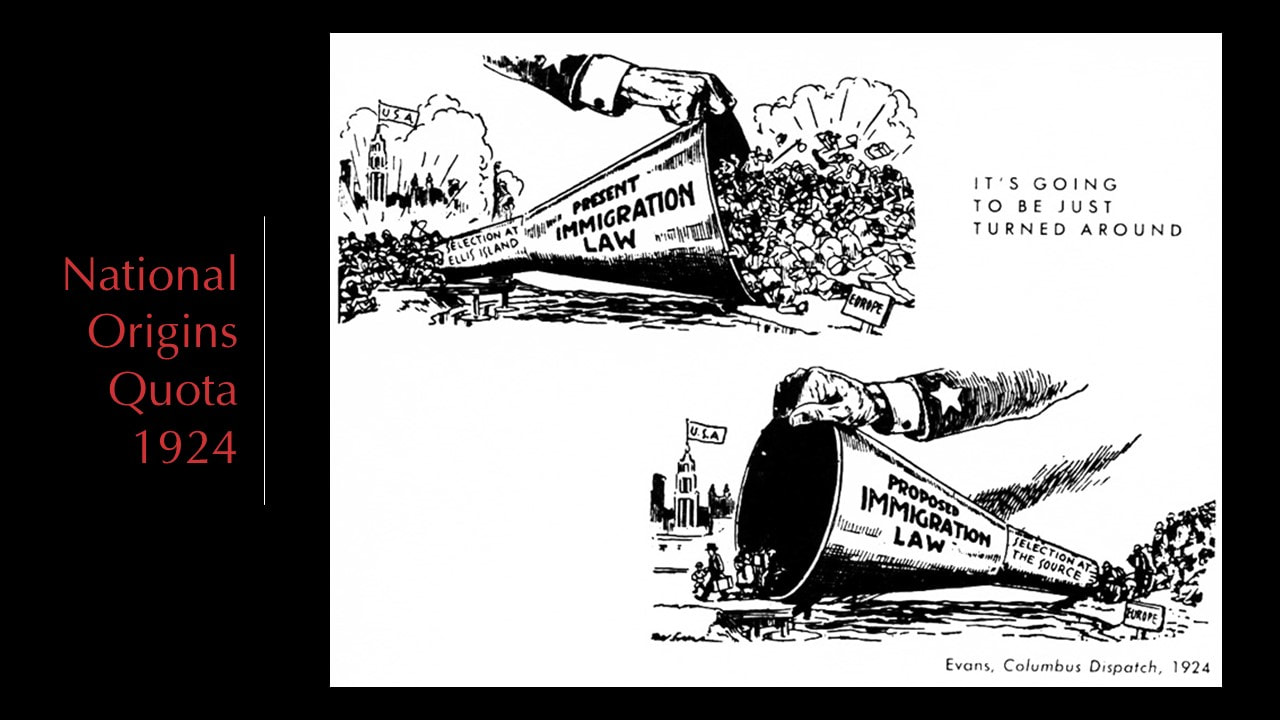
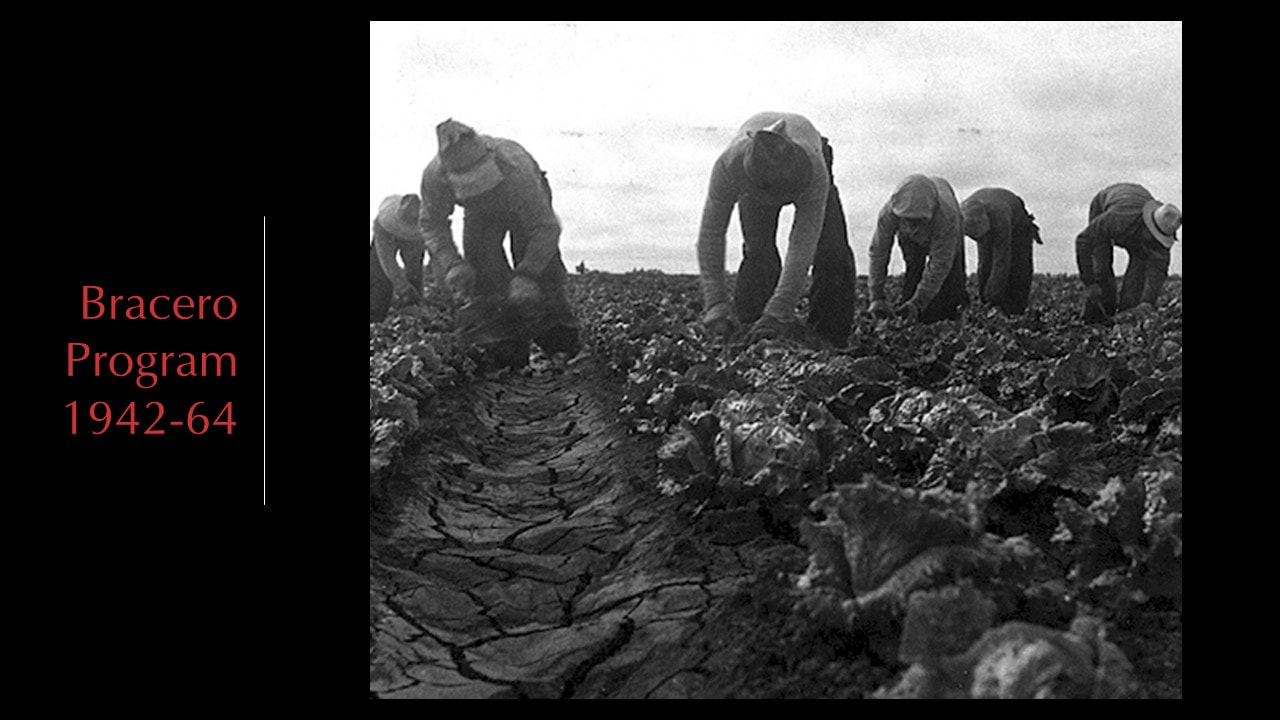
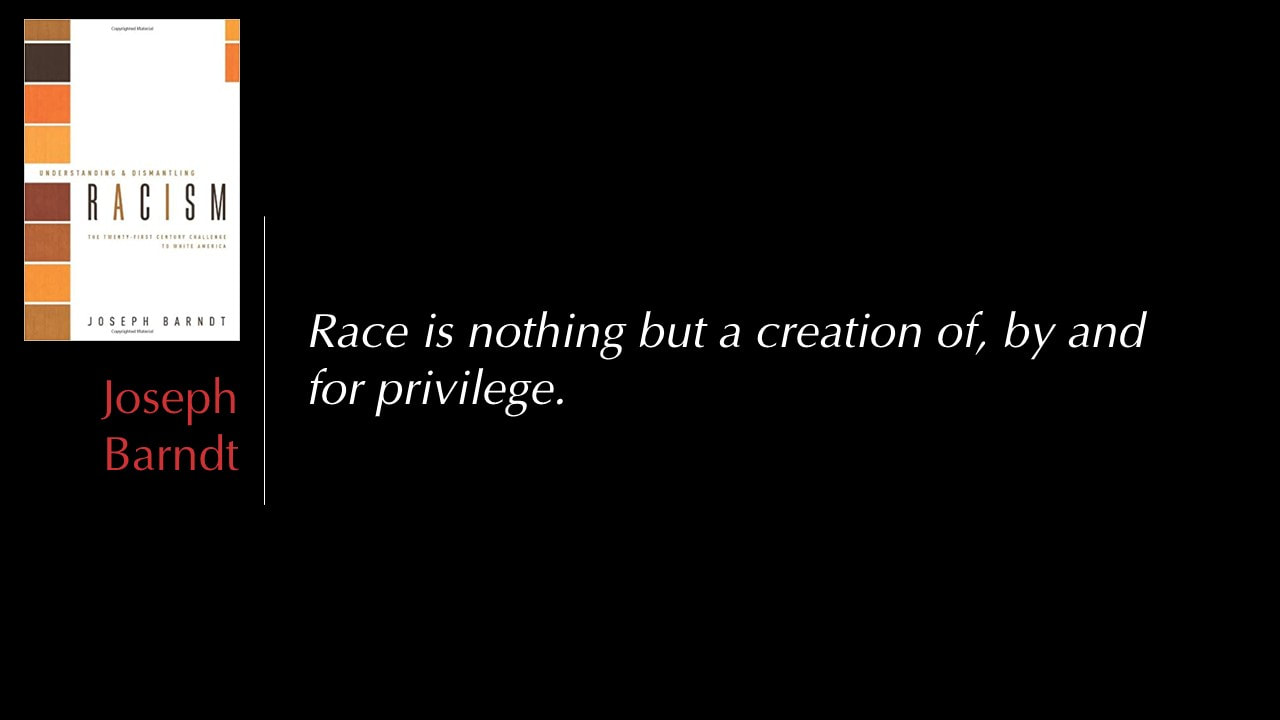
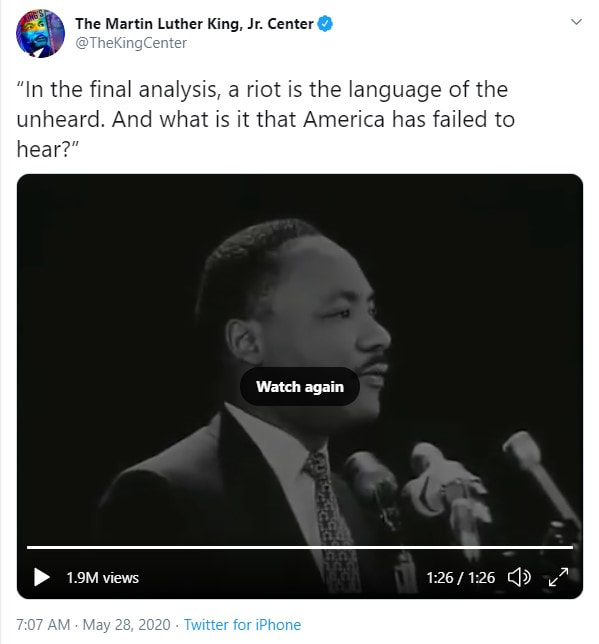
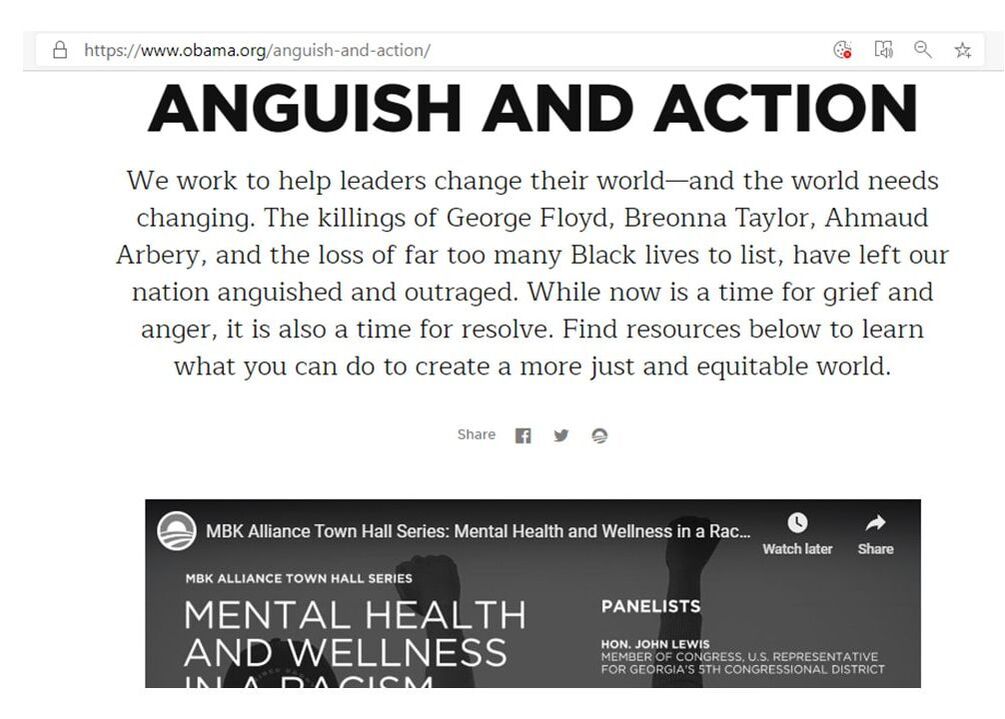
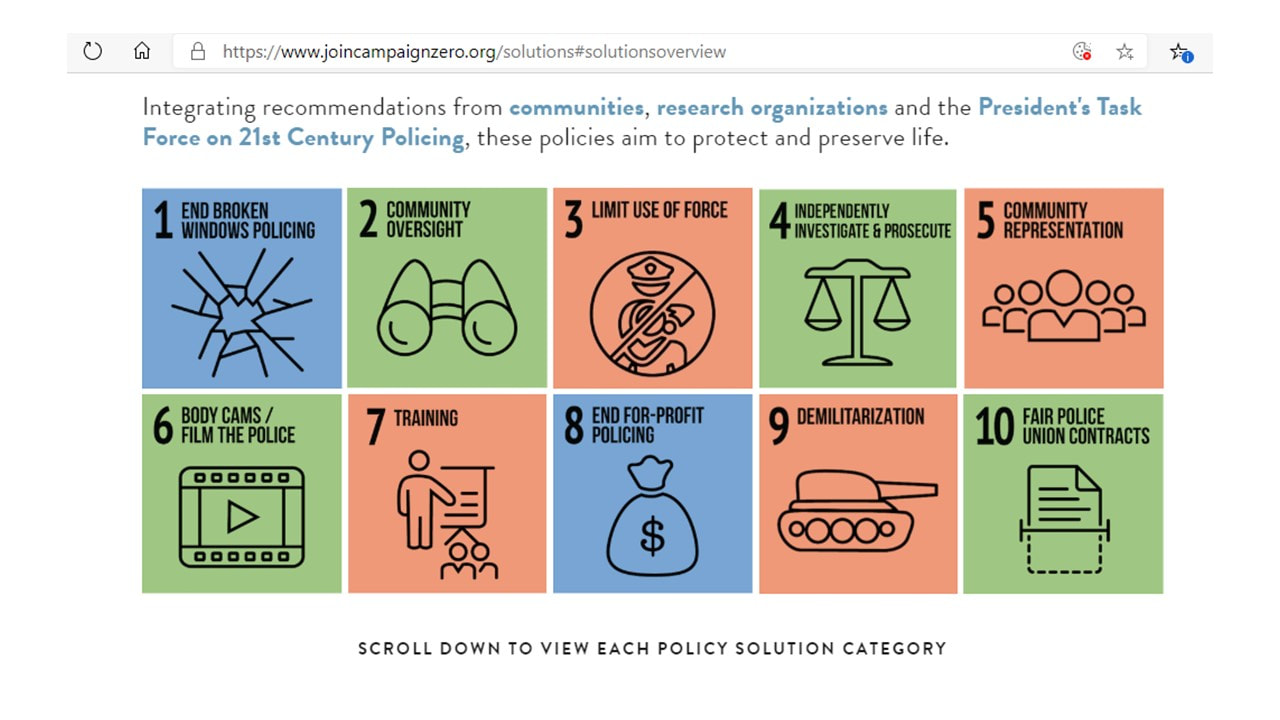
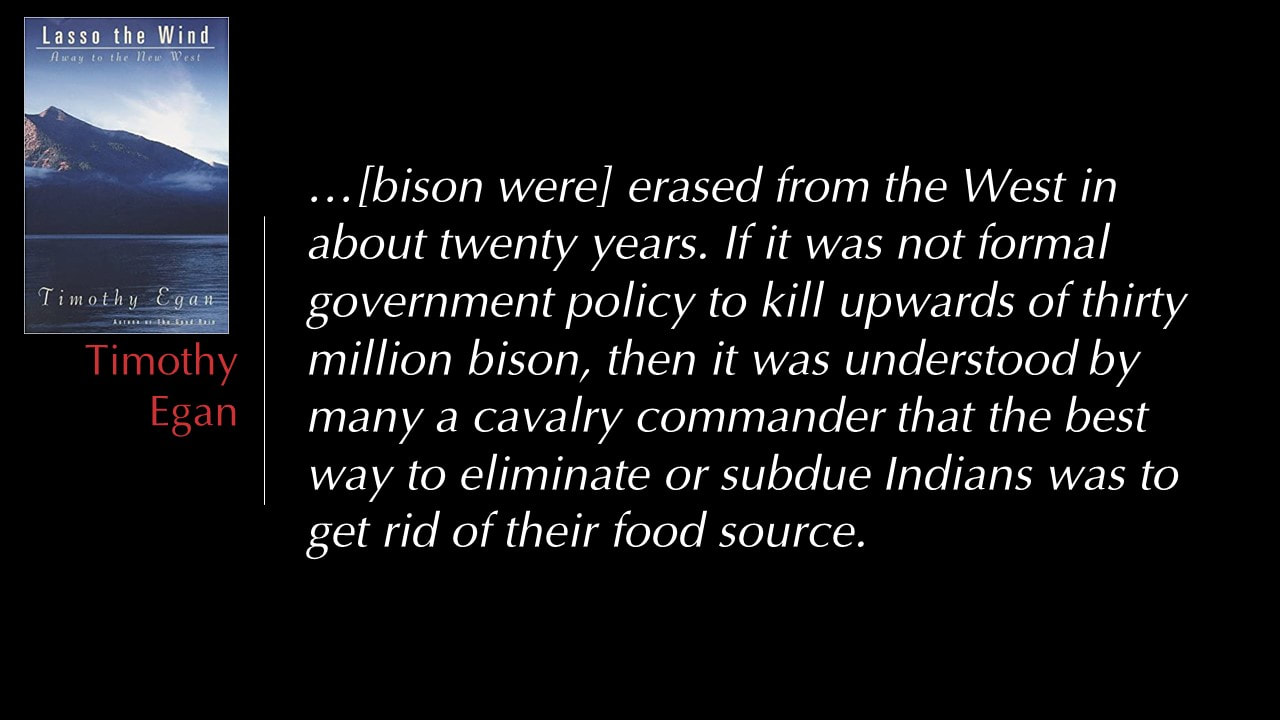
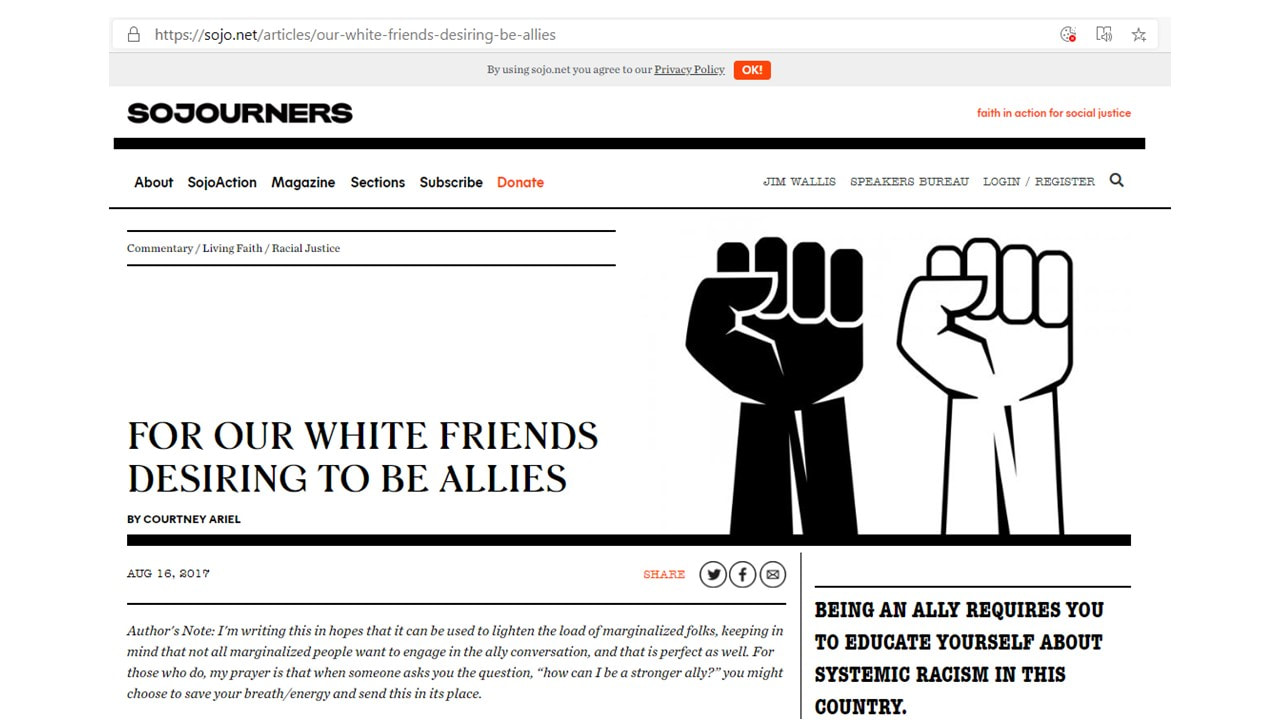
 RSS Feed
RSS Feed